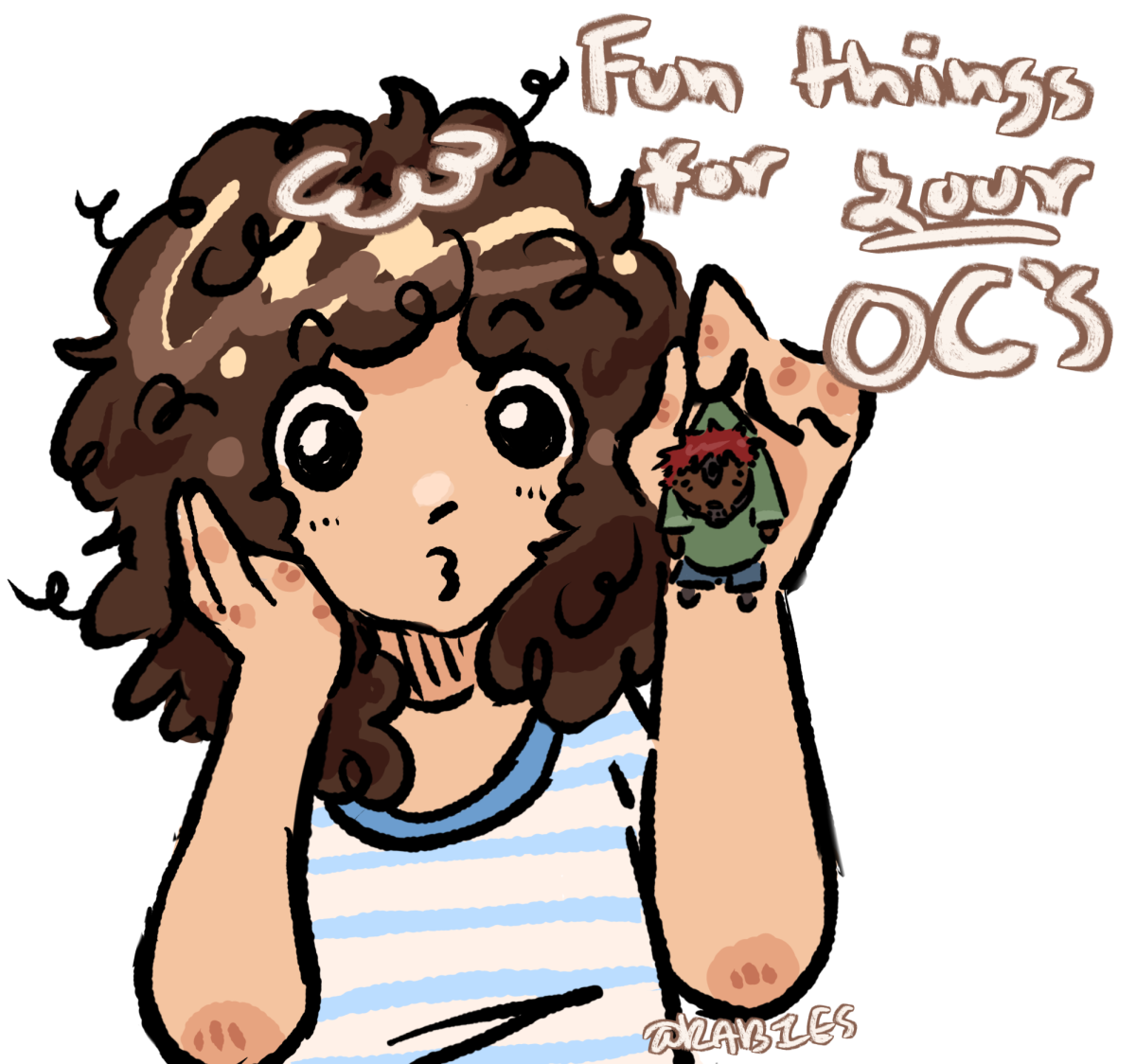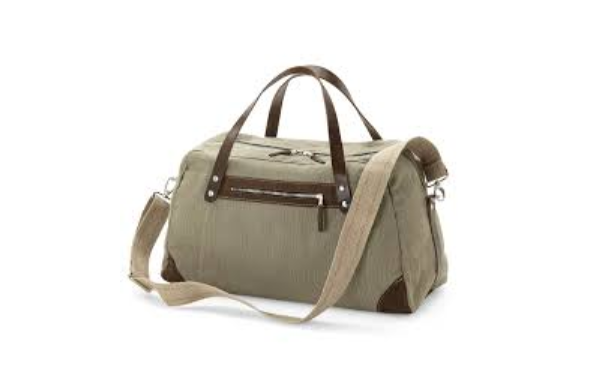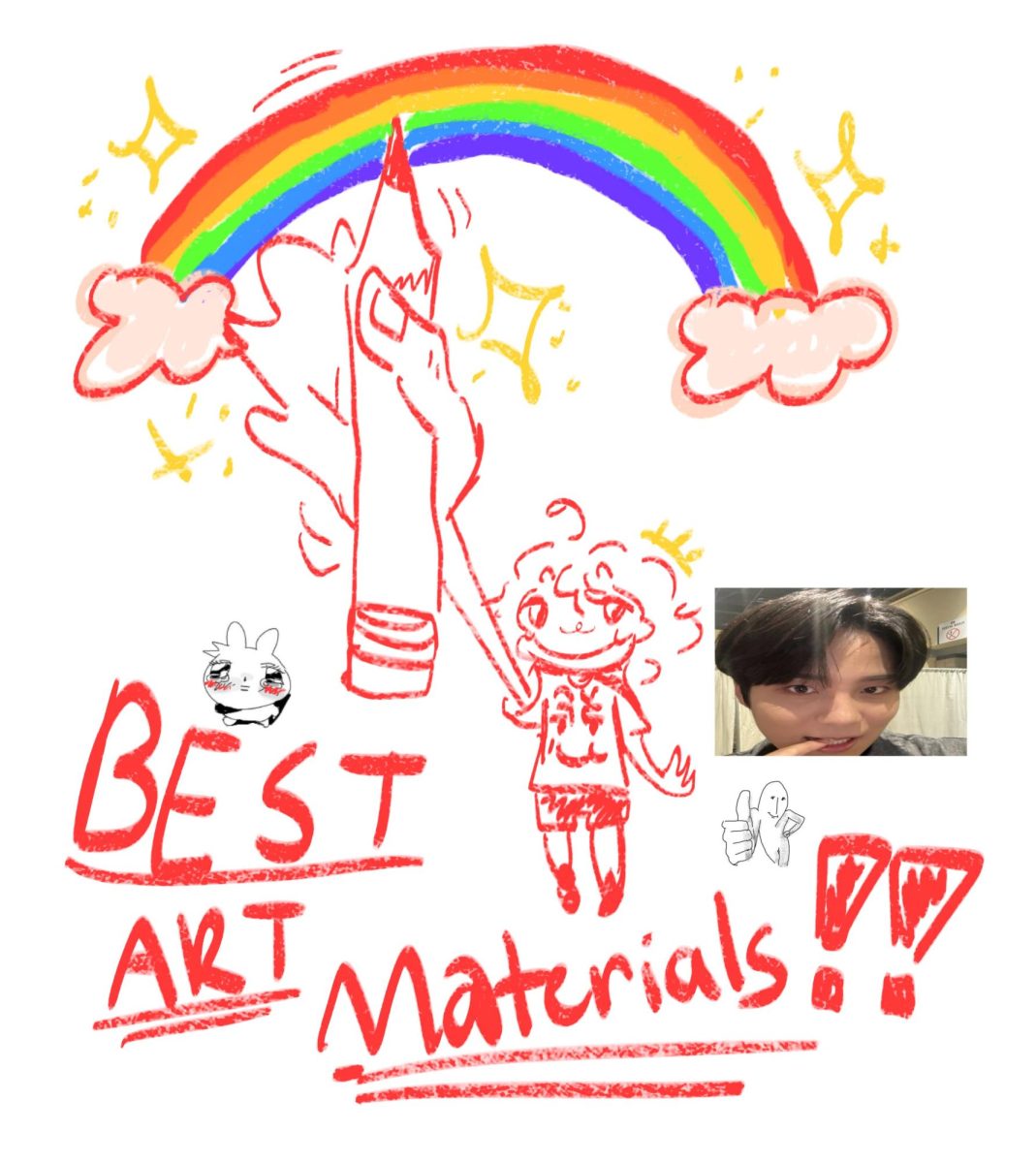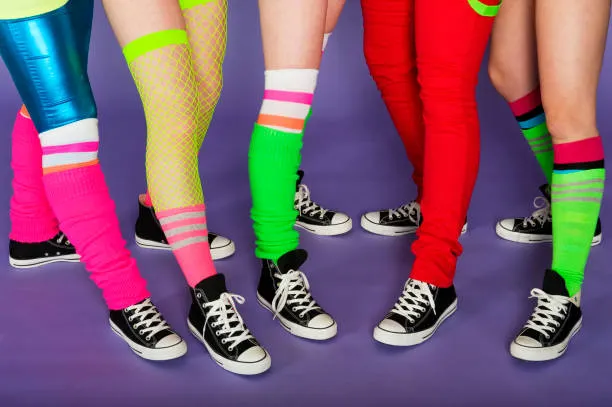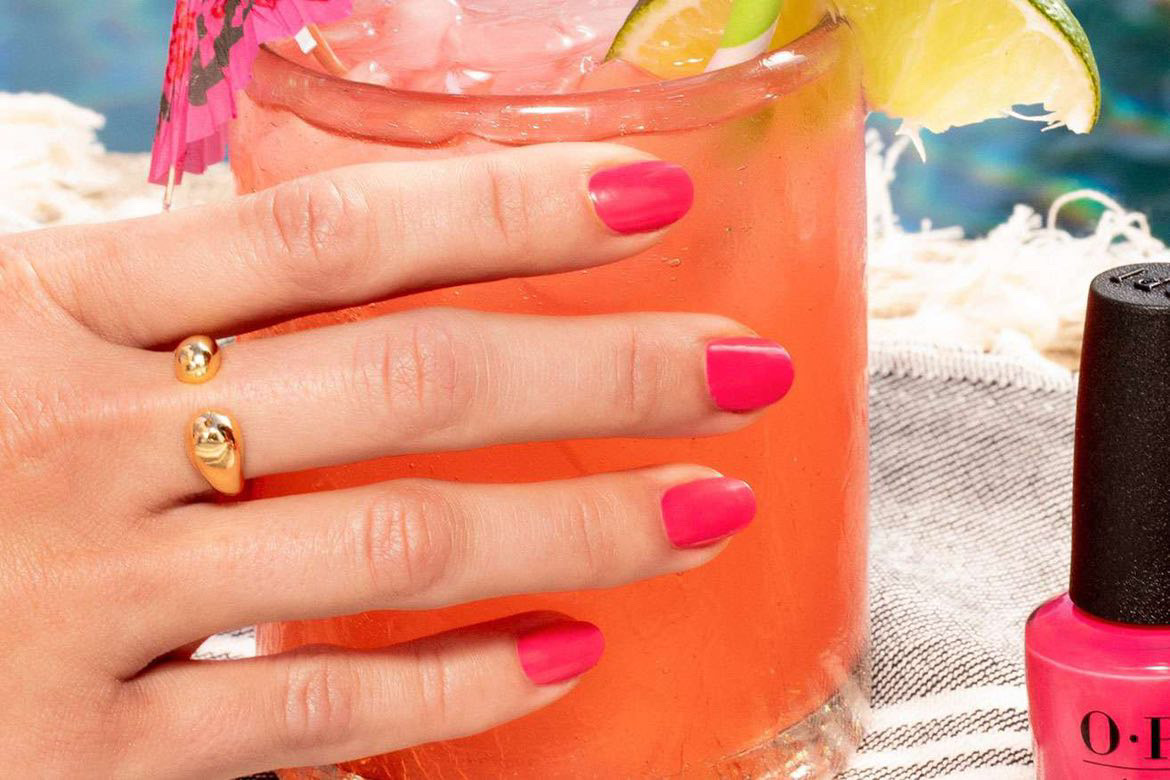Ever gotten stuck while writing or drawing your original characters? You’re not alone, and there are tons of tools out there to help you get unstuck. Developing a character, especially one with a role you don’t like, or losing interest in a long-ago-created character, is common. However, there are many options to overcome this art block in the long journey of good character development, either to help with creation or to understand your character better.
Online
The internet has a lot of useful tools, other than the more professional writing tips and YouTube channels filled with art tricks. Services like Spotify, YouTube, and YouTube Music, and others, are a perfect way to find out about your character in a more personal way. A playlist with your character’s name, with a ton of songs decided based on genre, name, or the lyrics themselves, can also help you remember certain aspects of your OC. I also find this helpful for getting scene ideas in the story/plot line
Pinterest is one of the perfect ways to find references, and making stylized boards is helpful with keeping the character from being ‘mischaracterized’. Examples can be found in outfit inspirations, hair ideas, and individual boards featuring characters’ names, with randomized images ranging from facial features to aesthetic pictures.
The Wheel of Names is another great website to use, along with the websites Perchance and Picrew. The Wheel of Names can help you with indecisive decisions, whether it is actual names or traits. The website Perchance has a Canon Generator. Canon means something real/verified to be a part of your character, and Perchance generates silly/random headcanons, like “(Character) is afraid to close their eyes in the shower”, or “(Character) eats while driving.”
Social Connecting
Social connecting can be another fun way to create and mess with your characters. Socially, OC artists naturally want people to enjoy the character’s lore, how they look, and to find the character themself interesting to its core. Artfight is a yearly event typically held in July (perfect for students to participate), where two teams draw the opposing team’s OCs for points.
The website is perfect for organization and showcasing your characters to a variety of people. I strongly recommend at least using it to hold all of your character’s art, lore, and, if you can participate in 2026! The website is open yearly, and it also has great customization options for how your account can look to others. Other online challenges can be found on Pinterest, like OC challenges, and fun ways to explore your character in different styles, outfits, or overall general look. Yearly, there are also prompt challenges, like Inktober, Magical March, etc, to draw your characters too.
Activities/Actual Art
Before you do anything, it is recommended to use reference sheets, which are usually a front and back drawing of your character in a basic pose, with full detail of how they look and some info/closeups, or extra things like inventory and bigger drawn accessories, especially with commissioning and using social art platforms like art-fight. This allows you to stick with a design, whether artist or not.
Animating
Animating/learning to tween is extremely helpful, too, if you make an art platform. Recommended apps are Flip-a-Clip and Alight Motion, but it’s all up to personal preference. What I don’t recommend is CapCut because of their new policy (they can see all your projects and can use them for promotion even if you don’t want to, and you might be unlucky). Making GIFS of your character can also be possible with Alight Motion, at least with the pro version.
Physical Arts and Crafts
There are a ton of physical arts you can make for your character. Pins can be made with a “button/pin” maker on Amazon, a printer, and your art! I personally like making clay figures using air-dry clay by Crayola (a bucket is 13$), and some cheap tools that you can purchase from Michaels or really any online store.
If you have extra money, more complicated things like Keychains, Plushies, Nendroids, and Stand-ees have a variety of companies that make high-quality versions of these items, usually found on Etsy or just a simple search (highly advise to research the company’s quality and ability to stay EXACT to what you’re offering).
All of these activities have helped various artists when they first start out.. From a small sketchbook to your professional tablet, these suggestions will help you connect closer and maybe even have you obsessed with your character. No matter what you do, it’s important to enjoy all your characters, and find out what/who they are in the story. You may be shocked to find that you’ll figure out a few things about yourself along the way.

